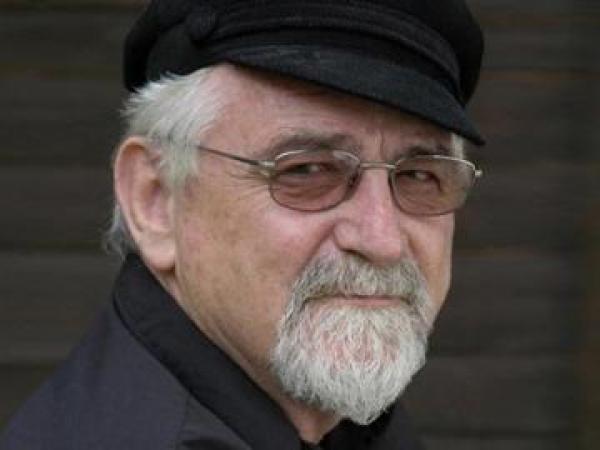New hope for labour movement

There is just the faintest breeze of renewal and democracy wafting through the bureaucratic corridors of Cosatu and disturbing the cobwebs of dogma that have tangled up due process in the country’s largest labour federation. It comes in the form of the election of David Sipunzi as general secretary of the National Union of Mineworkers (NUM).
Sipunzi has clearly read, understood, and seems prepared to act on the basis of Cosatu’s constitution. This document provides a recipe for democratic house cleaning and, if consistently applied, should ensure the unity in diversity and membership control that is the essence of democracy.
But whether Sipunzi will be able to apply the recipe is another matter. Especially since Cosatu is still under the control of a bureaucratic cabal wedded to the dogma that has caused the current crisis.
This dogma has its origins in the SA Communist Party (SACP). It sees the ANC as the essential vehicle in which to achieve an ill-defined socialism via a national democratic revolution (NDR). To this end, party members are required to take control of all the leading positions in society, the trade unions being essential.
But now the SACP is split. Both expelled Cosatu general secretary Zwelinzima Vavi and his counterpart in the also expelled National Union of Metalworkers (Numsa) were, until recently, members of the SACP. Karl Cloete, deputy general secretary of Numsa was also formerly an extremely loyal Western Cape provincial secretary of that party.
It is this that makes the victory of David Sipunzi so important. And particularly because of some of the statements that he made in the immediate wake of his victory.
He noted that he kept being asked by NUM members: “When is Vavi coming back?” And he went on to call for the expulsion of Vavi and Numsa to be reviewed. According the Cosatu constitution, only a national congress of all affiliates can ratify and may overturn an expulsion decision by the executive. This process continues to be ignored.
Sipunzi also stressed: “Cosatu members don’t have to support the ANC-led tripartite alliance to remain in the fold of the federation.” Once again, this is in line with the federation’s constitution. And, once again, this is resisted by the believers in an NDR road to a working class nirvana.
However, NUM’s new general secretary defeated the long serving Frans Baleni, a central committee (CC) member of the SACP by just nine votes, an indication that the union is split right down the middle. Similar divisions probably exist in a number other Cosatu affiliates currently aligned with the controlling Cosatu faction headed by president S’dumo Dlamini, also a CC member of the SACP.
Such is the substance of the turmoil within Cosatu. However, form continues to be followed, with messages of solidarity and congratulation being sent from various unions allied to the Cosatu leadership and from the SACP. The exception was Dlamini who noted that Sipunzi’s comments were “uncalled for and unfortunate”.
Dlamini has consistently opposed the right of Numsa and Vavi to attend and put their cases to a special national congress (SNC) now scheduled for next month. It was for this reason that Numsa attempted to gain access to the congress by making an urgent application to the high court.
But the judge played Pontius Pilate and effectively washed is hands of the matter by declaring that it was not urgent. So Numsa’s constitutional right to be heard at — and therefore to attend — the SNC, was not ruled on.
These developments have all the ingredients of a farce, but they do seem to indicate that the final episode in this messy saga is dawning. The hope within the majority of the Cosatu leadership appears to be that Numsa and Vavi will finally walk away and form another federation, taking with them dissident elements within the loyalist faction. It would then be unnecessary to stage a promised hearing for Vavi and Numsa at the scheduled national congress in November.
But a split at this stage could leave Cosatu with a rump of membership largely drawn from the public sector, something Gwede Mantashe, a former NUM general secretary and now secretary general of the ANC this week warned against. However, it is clear that the current majority on the Cosatu executive want rid of both Vavi and Numsa, so are unlikely to back down.
Given this reality, the pending divorce proceedings will almost certainly be acrimonious and the initial outcome both messy and confused. But it may also blow away the cobwebs of dogma and perhaps result in a healthier, even stronger, labour movement in the long run.
Support independent journalism
Donate using Payfast


This article is licensed under a Creative Commons Attribution-NoDerivatives 4.0 International License.
